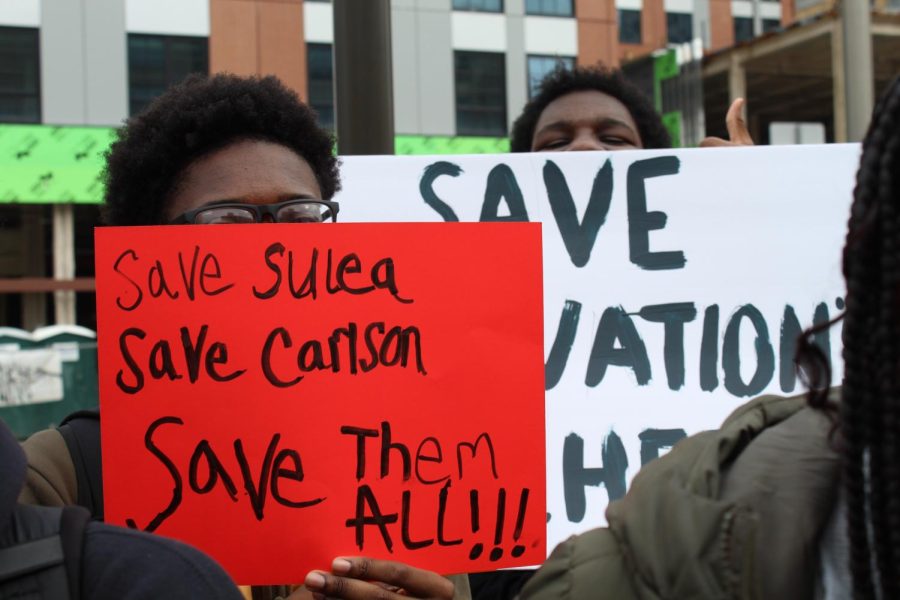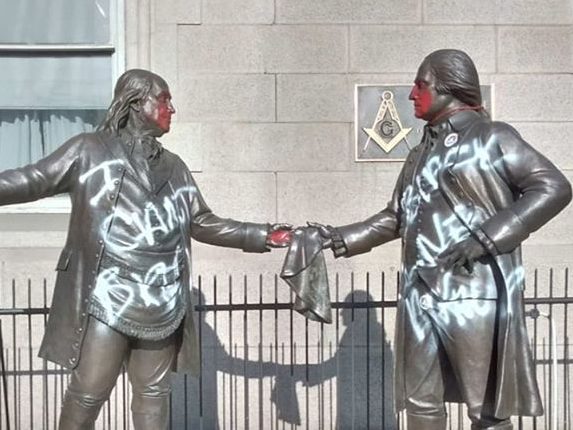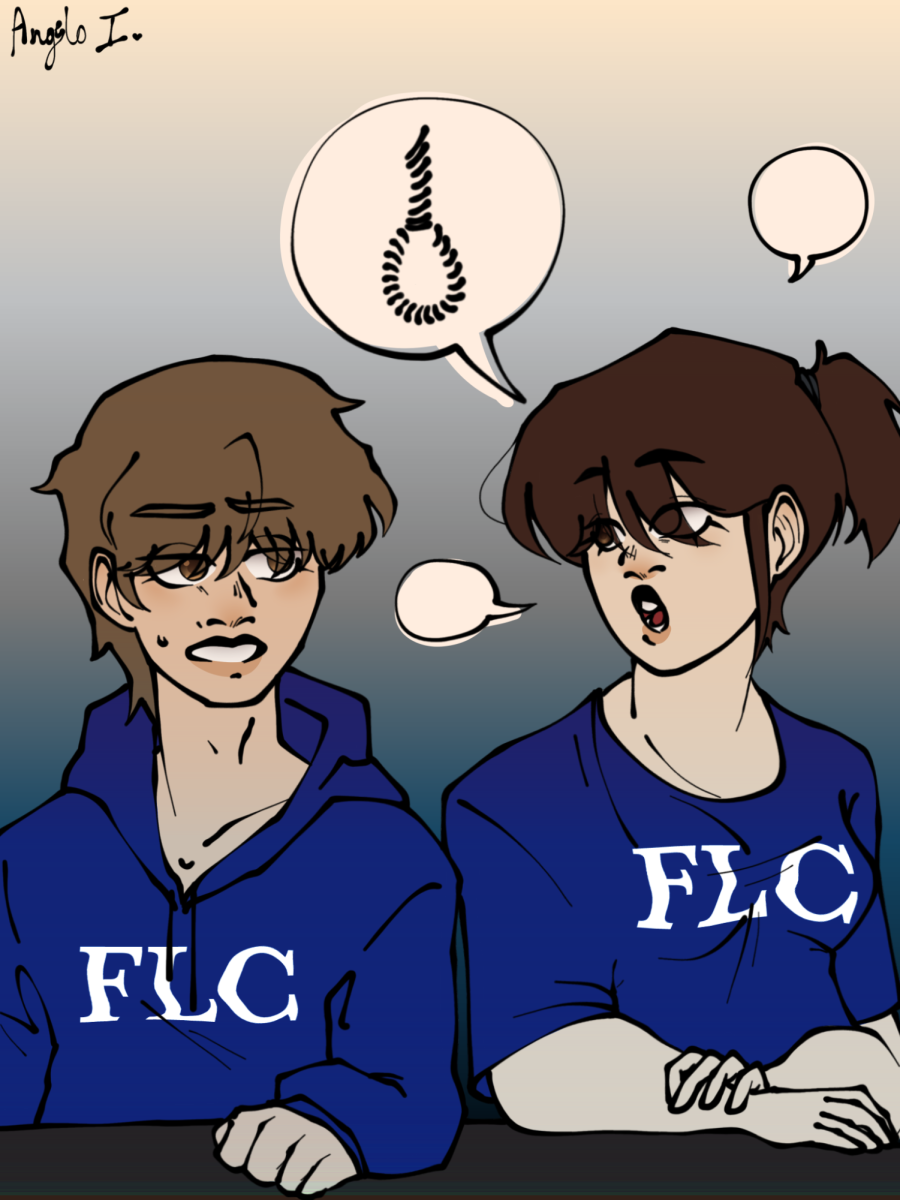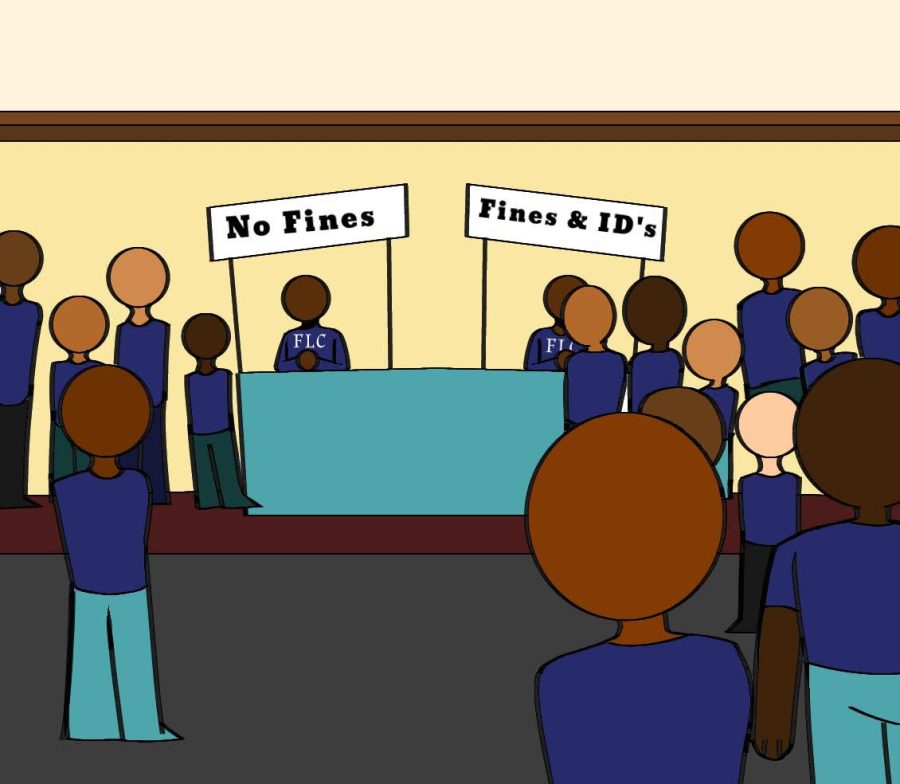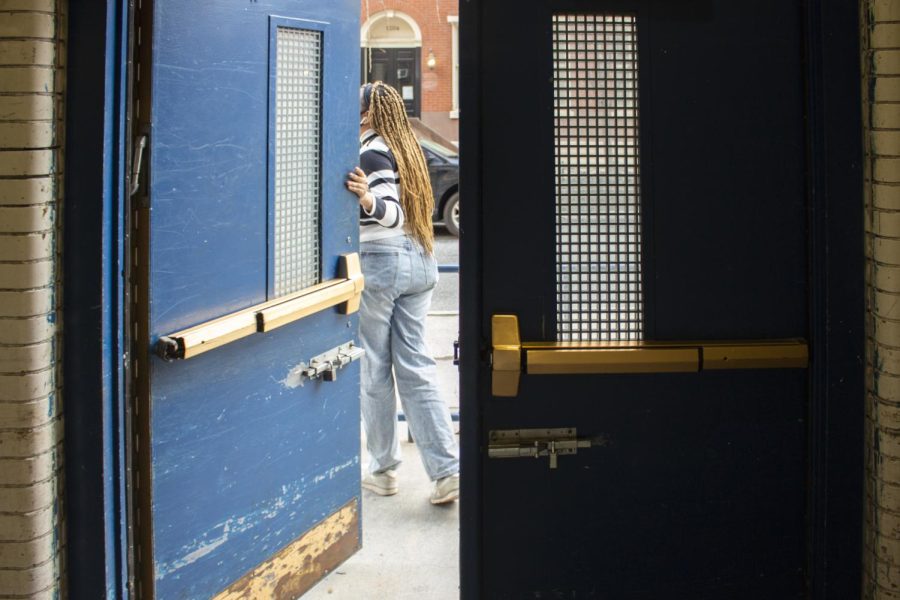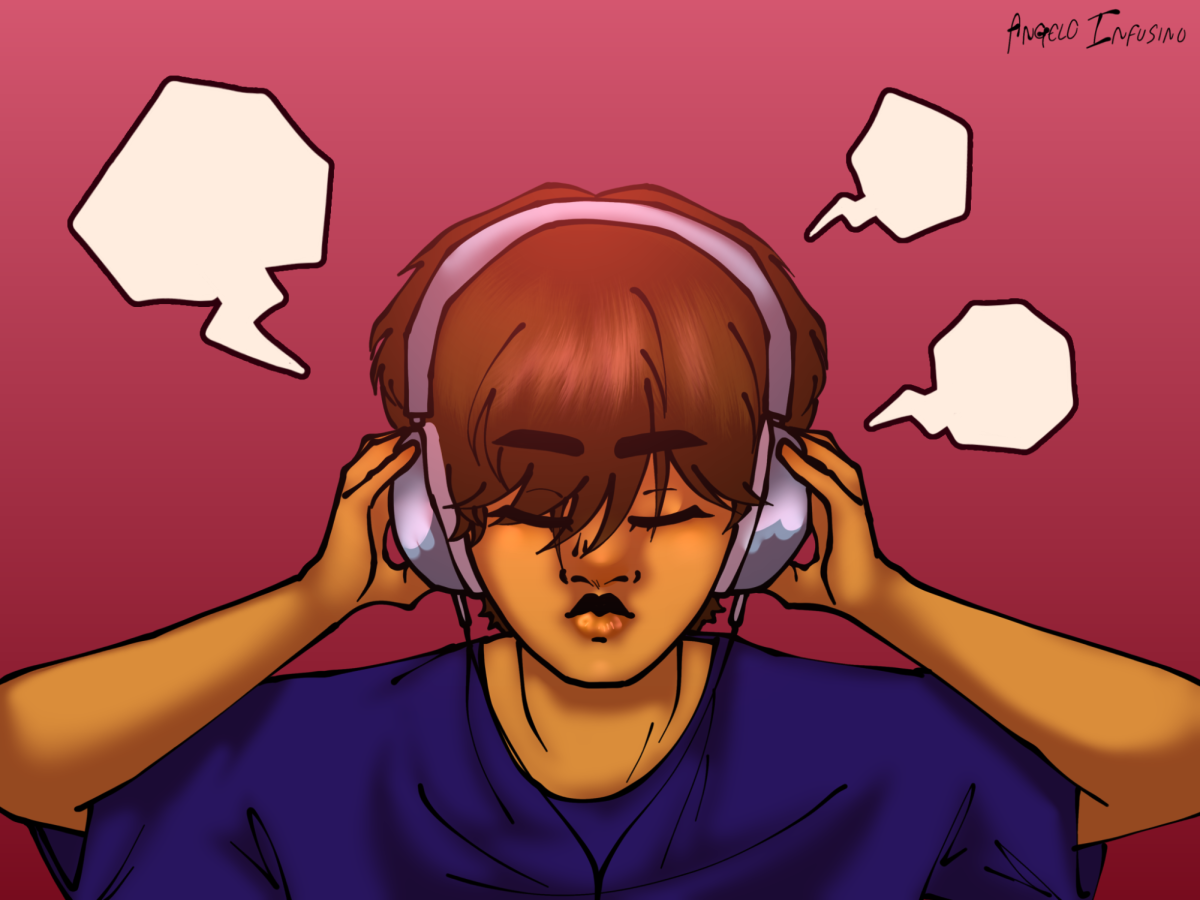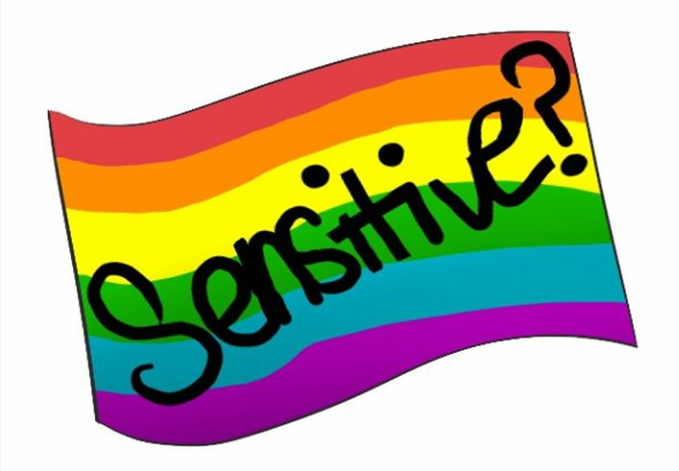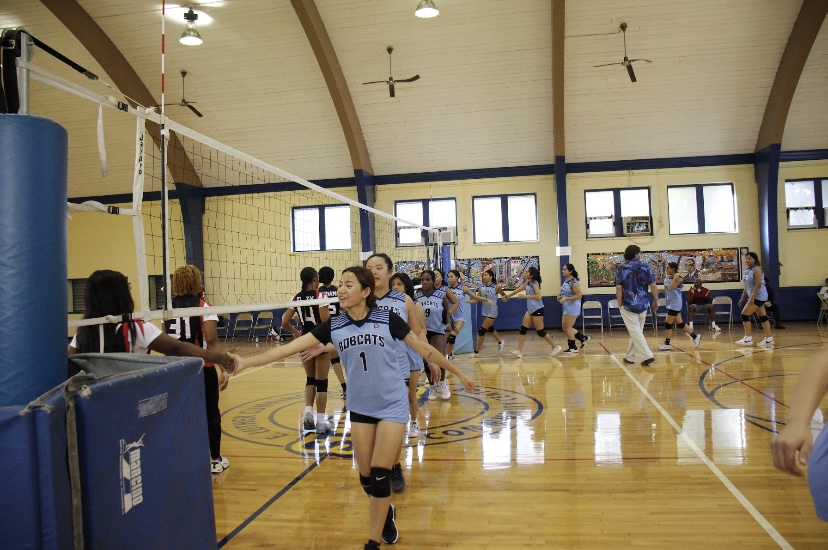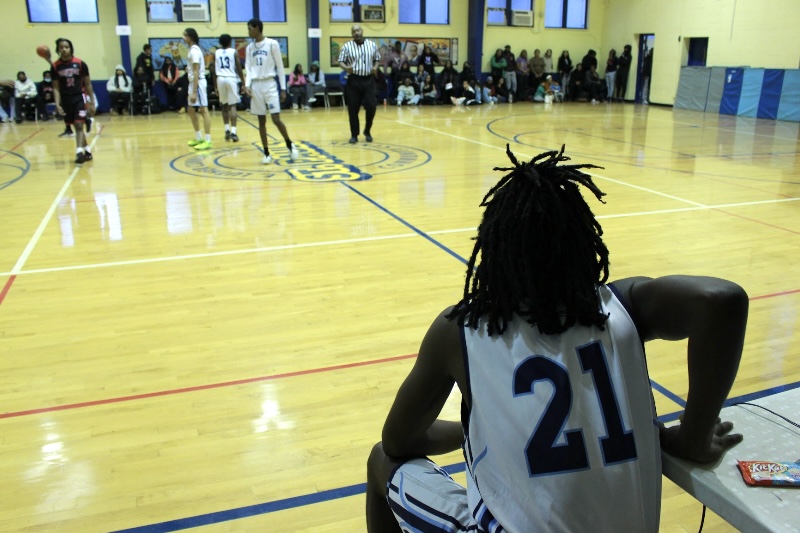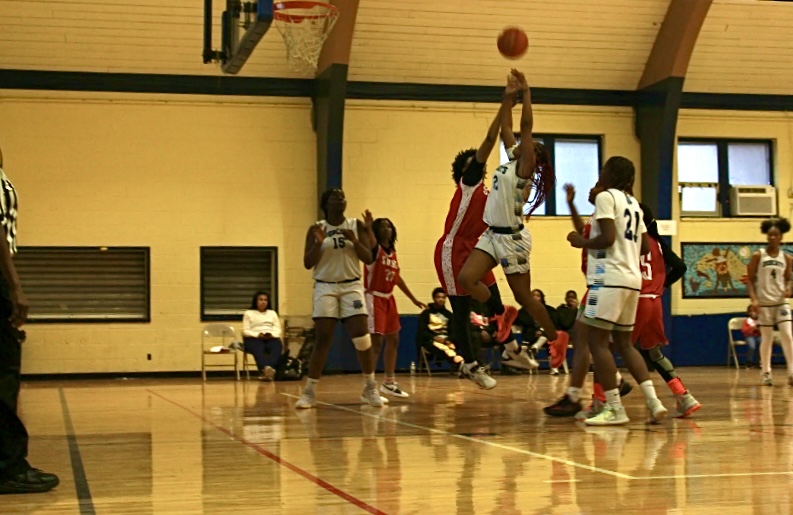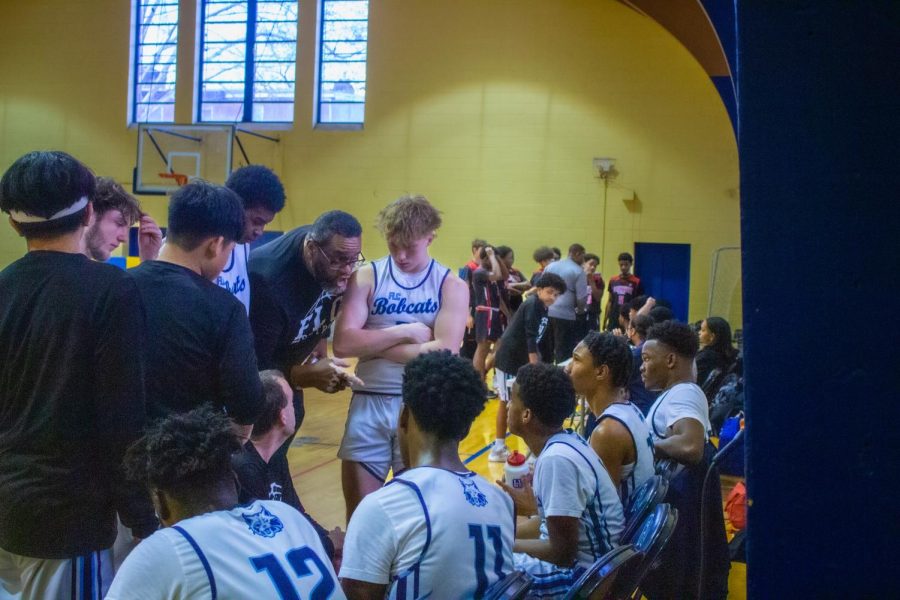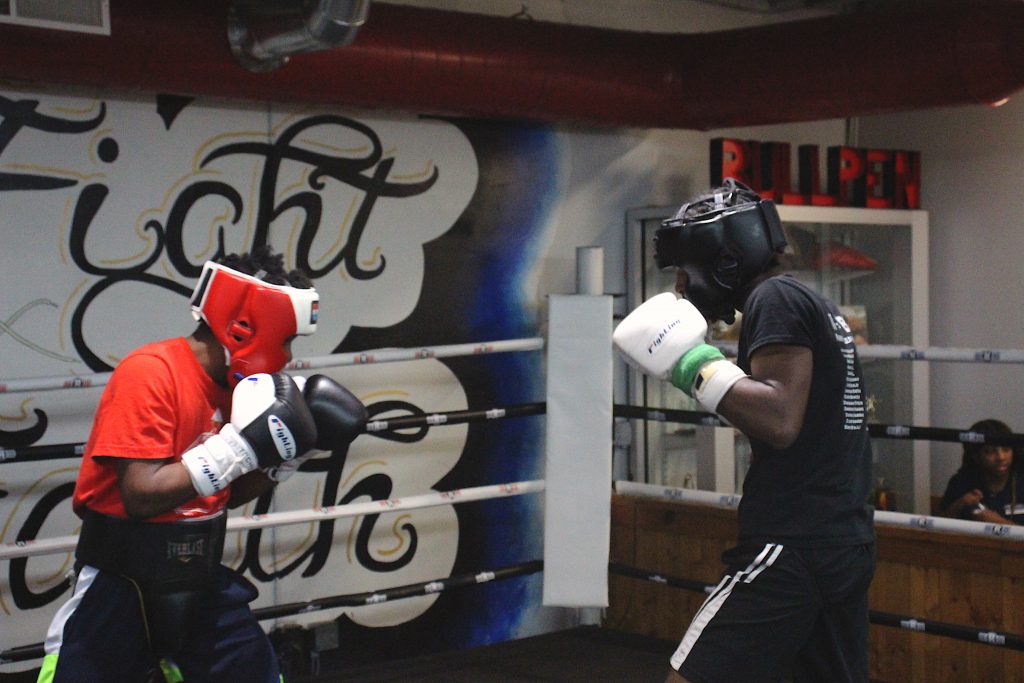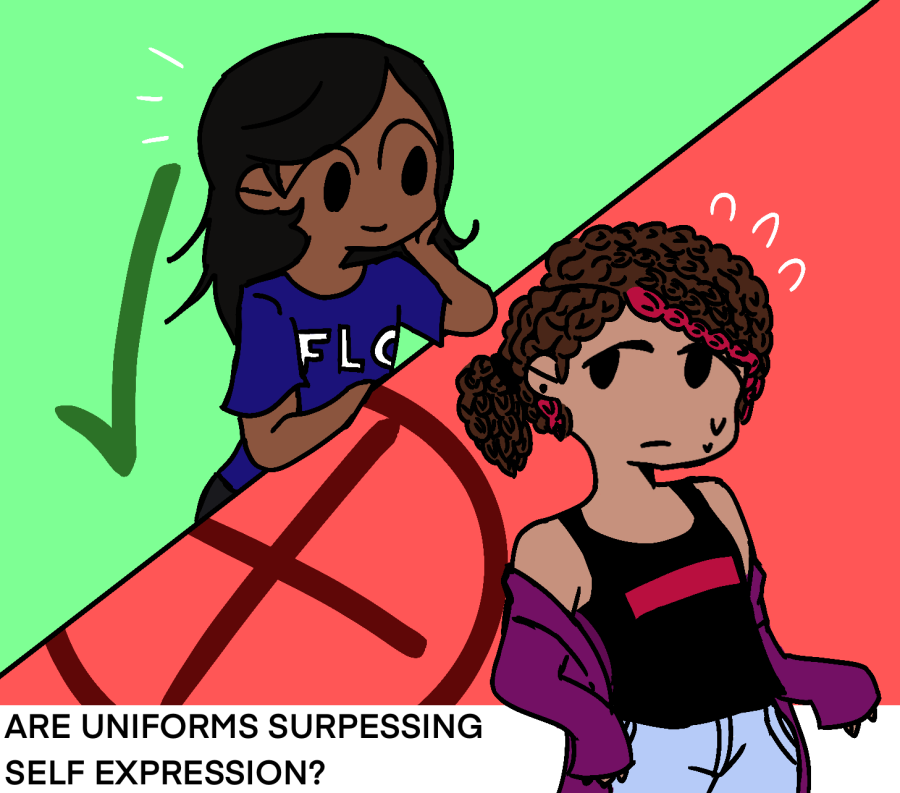Uniforms and conformity
“Are uniforms suppressing self expression?”
March 9, 2023
Clothes are a common and important form of self expression, especially to young people. Especially in America, the idea of freedom heavily influences what people say and do, and clothes are no exception to this rule. However, there has been a slight annoyance among students about FLC’s uniform policy. Students have faced detentions, fines, and have been overall inconvenienced over this issue.
Rule Enforcement
The issue with school uniform policies at FLC is that the rule enforcement is much too lenient. For weeks on end, there will be no check at the door for uniforms. This leniency has proven that the school can run smoothly without school uniforms; students are free to wear what they are comfortable with during school days. However, there will be random enforcement of the uniform policy, resulting in detentions and student fines. Since the school has proven to function as normal without the uniform policy, why is it still enforced at random? This selective issue has caused irritation among students, as many students have stopped taking the rule seriously altogether. Students should be free to express themselves through their clothing choices. With little ability within the school system in general to freely express yourself, why should clothing choice be subject to punishment?
Student Voices Over the Years
Not only does the rule enforcement punish students for expression, the idea of school uniforms promotes conformity, as opposed to individuality. Over the years, a study in Indiana suggested that students have an increasing opposition to school uniforms. In 2006, the study surveyed student’s opinions on uniforms, 43% of students preferred to have a choice in what they wore to school. In 2016, that statistic had risen to 82% of students disliking school uniforms. That number has likely risen again, given that students are growing more and more educated about their identities and how to express themselves.
Effect on Academics
There is also little to no correlation between uniforms and good academic performance. A study by Arya Ansari, a human development researcher, included 6300 students. Some of these students attended schools with uniform policies, while the others attended schools without uniform rules. The results showed little relationship between student performance and uniform, as both groups of students had about the same academic performance. Teachers in this study also noted that uniforms didn’t seem to positively affect student behavior and conduct.
A core idea that influences uniform is supposed to be a sense of unity; if everyone is wearing the same thing, everyone belongs. While this is a good message by itself, there are ways to create a sense of unity that doesn’t include restriction of self expression.
With these aspects combined, school uniforms yield very little benefits to scholars in both academic and social aspects.
Why shouldn’t students have the ability to choose their school clothes freely, and more importantly, why are they subject to punishment because of it?





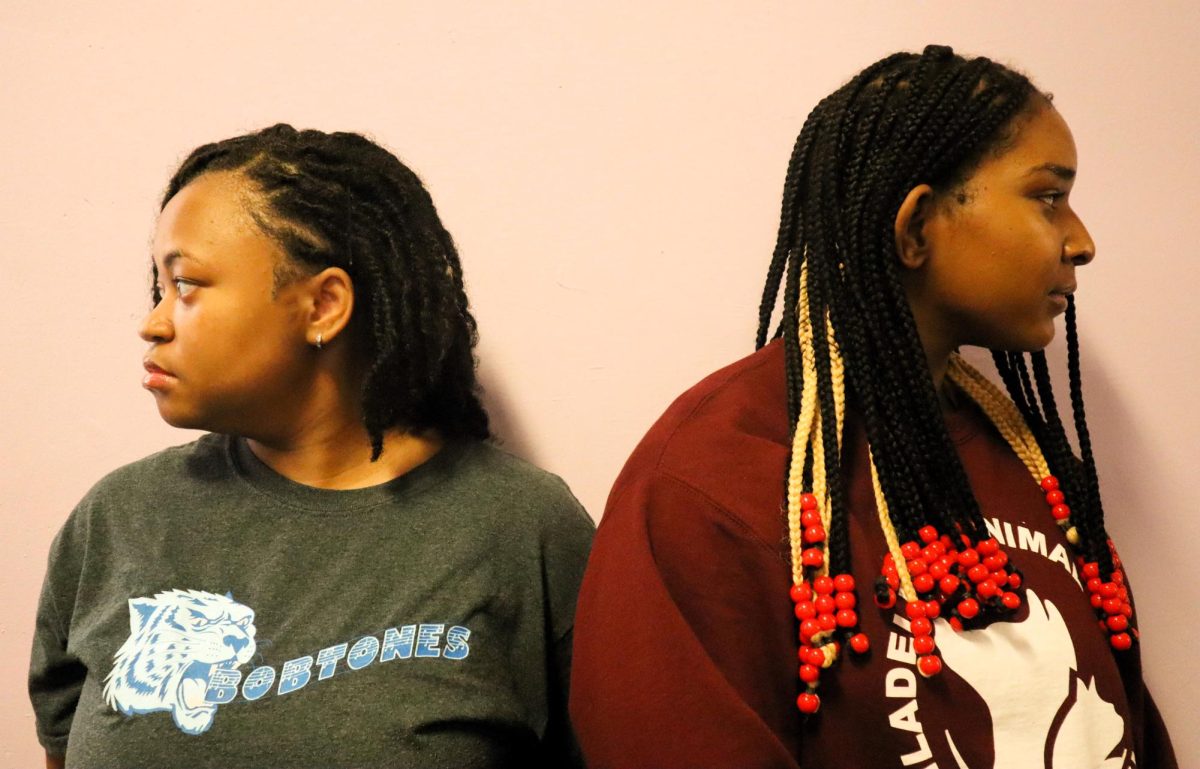

![[VIDEO] FLC 10th grade student awarded $40,000 in a BigFuture Scholarship](https://theflashflc.org/wp-content/uploads/2023/05/Screen-Shot-2023-05-02-at-4.39.10-PM-900x493.png)
![[VIDEO] Mayoral candidates campaign on student issues](https://theflashflc.org/wp-content/uploads/2023/04/IMG_1387-900x506.jpg)
